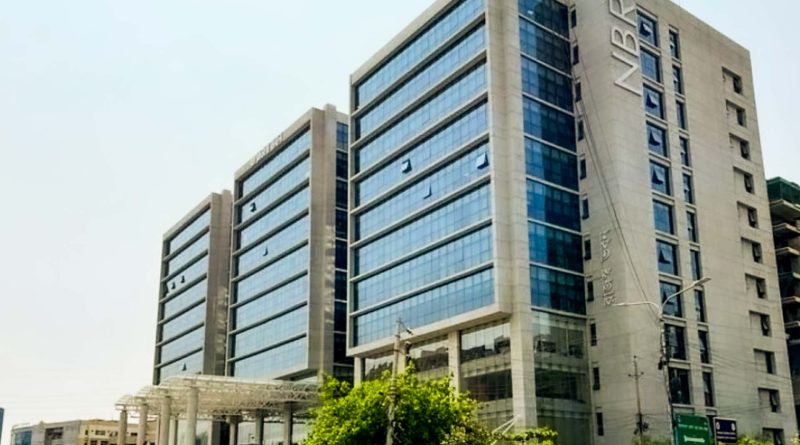The National Board of Revenue (NBR) has directed all its field-level income tax zones to reinforce their Intelligence and Investigation Cells (IICs) in a renewed push to curb tax evasion and boost government revenue collection.
The instruction, issued by Member Mohammad Mostafa (Tax Audit, Intelligence & Investigation) of the NBR, calls for the formation of dedicated Intelligence and Investigation teams in each tax zone. These teams will be responsible for detecting tax irregularities, conducting in-depth analyses, and recommending recovery measures based on concrete evidence of evasion.
According to the directive, the IICs will investigate cases flagged through multiple intelligence sources — including tip-offs, whistleblower reports, and information published in print and electronic media. They will also scrutinize irregularities in income tax files, such as suspicious erasures, alterations, or inconsistencies in declared income, unusually high tax-exempt earnings, and mismatches between declared assets and actual wealth.
Once specific evidence of tax evasion is identified, the findings will be sent to the Intelligence and Investigation Committee within each zone for further review. Upon approval, the committee will authorize legal recovery actions to claim the evaded revenue.
The directive also details a clear operational workflow—from data gathering to final approval—ensuring that all investigations follow a standardized process. Field-level officers have been instructed to document each case meticulously and maintain transparency throughout the investigation and recovery stages.
To enhance accountability, each tax zone must compile and submit a monthly progress report to the NBR headquarters by the 10th of every month. These reports will summarize key outcomes, including the number of cases investigated, additional tax claims raised, and amounts successfully recovered through intelligence-led operations.
Senior officials at the NBR say the strengthened IIC framework is expected to serve as a deterrent against habitual tax evaders while improving compliance among businesses and individuals. By integrating data analytics, cross-verification tools, and field intelligence, the NBR aims to make the tax administration more proactive rather than reactive.
An NBR official familiar with the development said the initiative marks a strategic shift toward data-driven enforcement. “We are building stronger intelligence capacities across tax zones to ensure that no major evasion goes unnoticed,” the official noted. “The goal is not just recovery but to build a culture of honesty and transparency.”
The NBR believes that a revitalized Intelligence and Investigation network will not only recover lost revenues but also help establish a fairer and more transparent tax culture in Bangladesh — a key requirement for sustaining fiscal growth and achieving long-term development goals.





